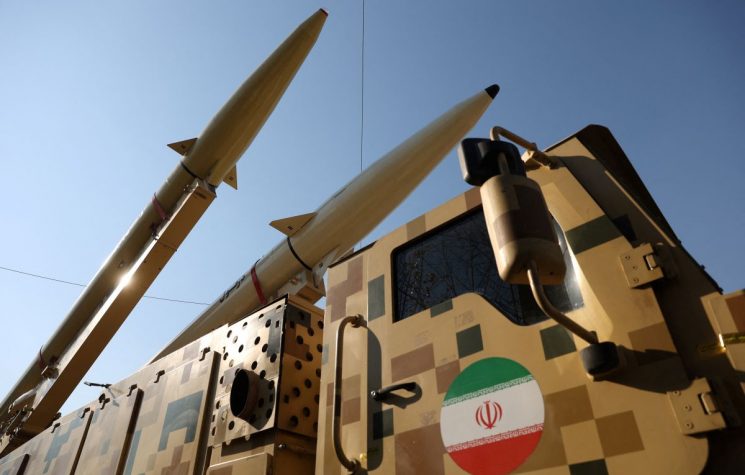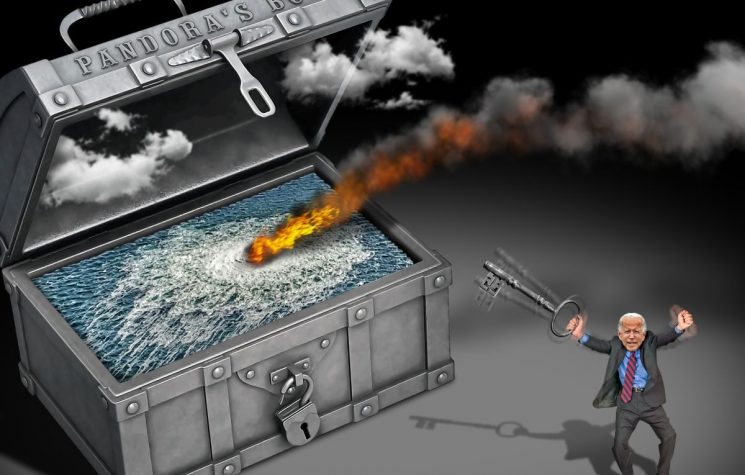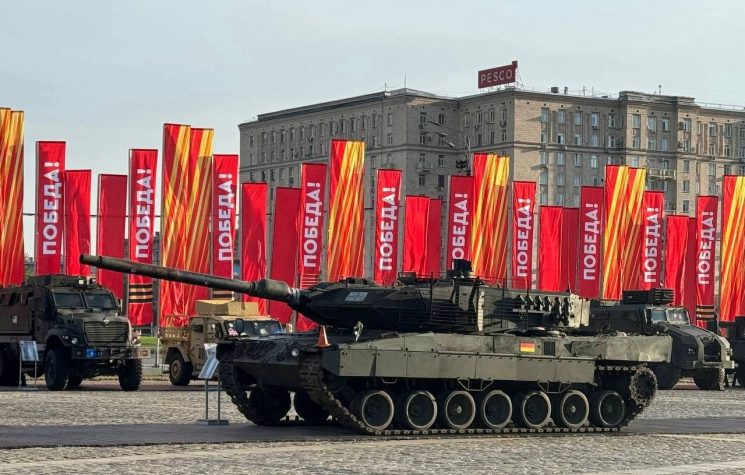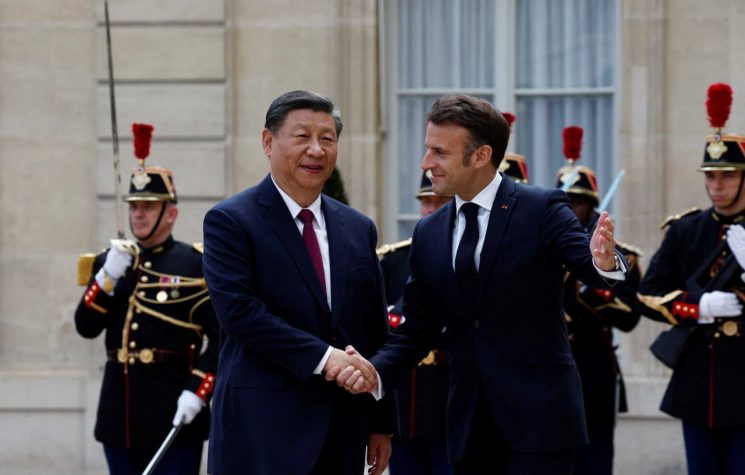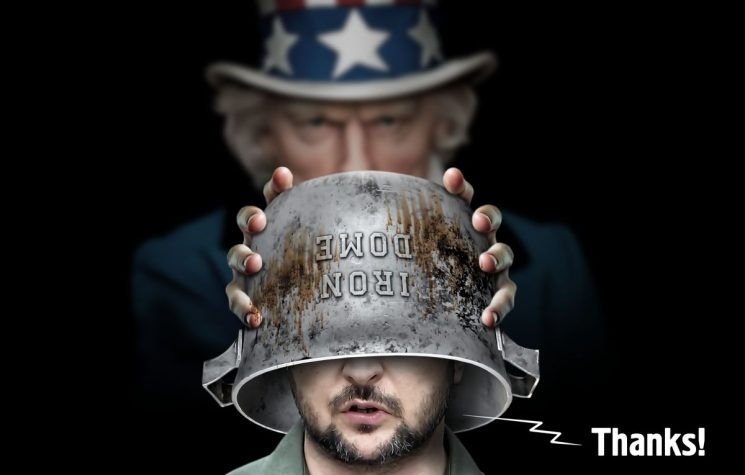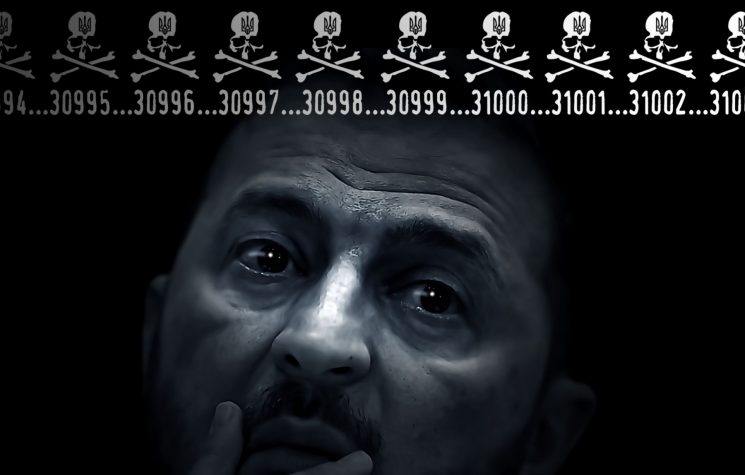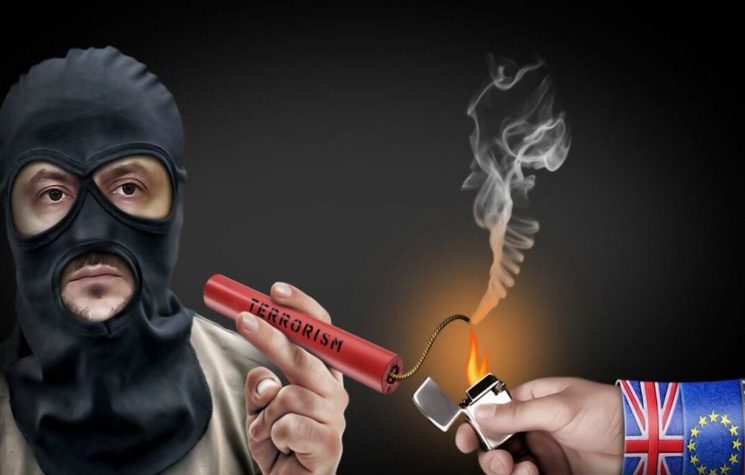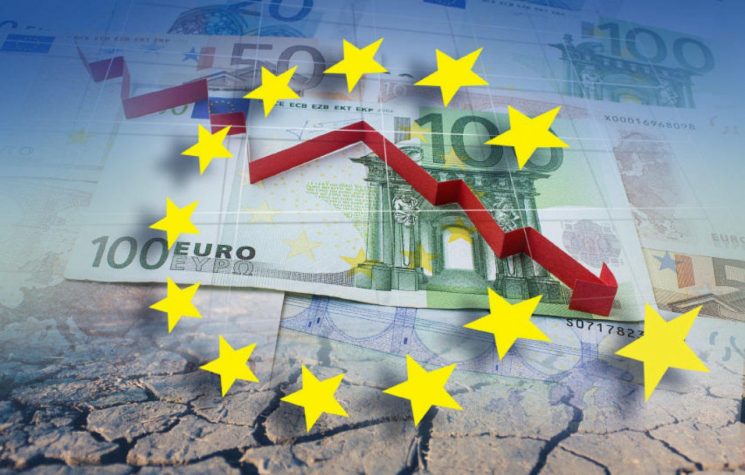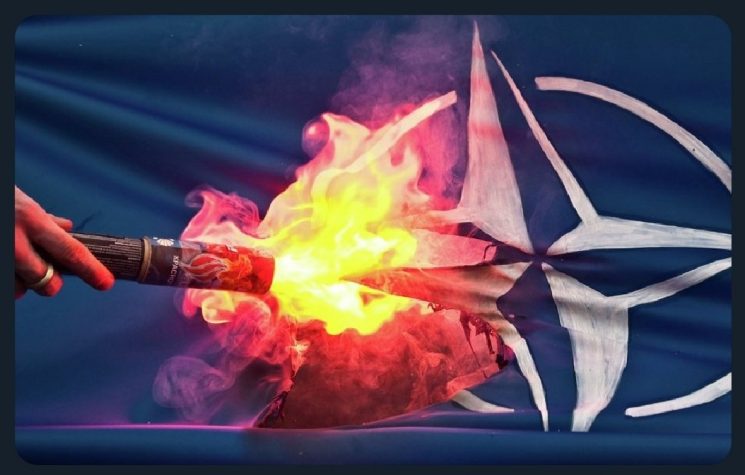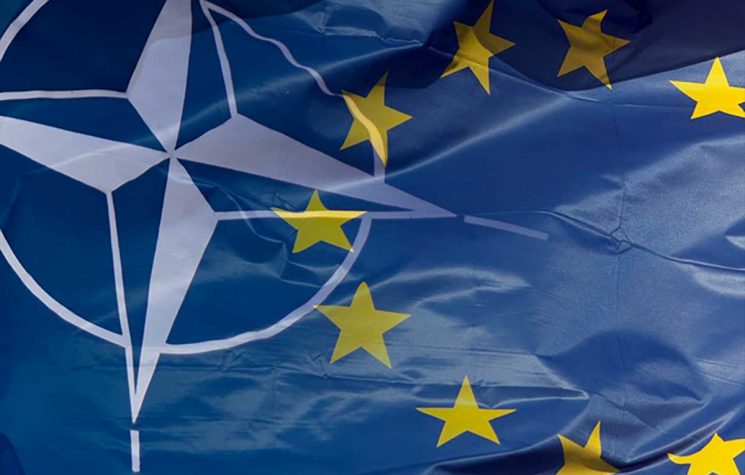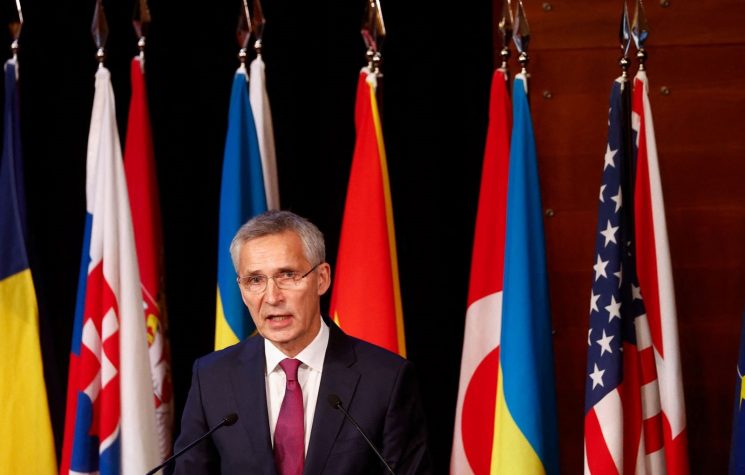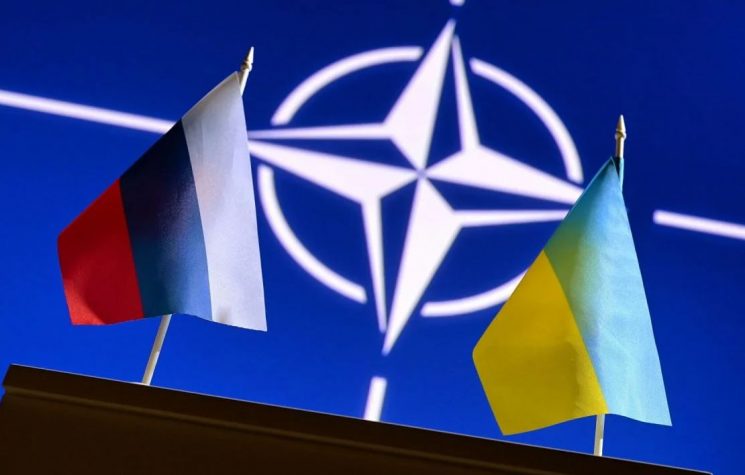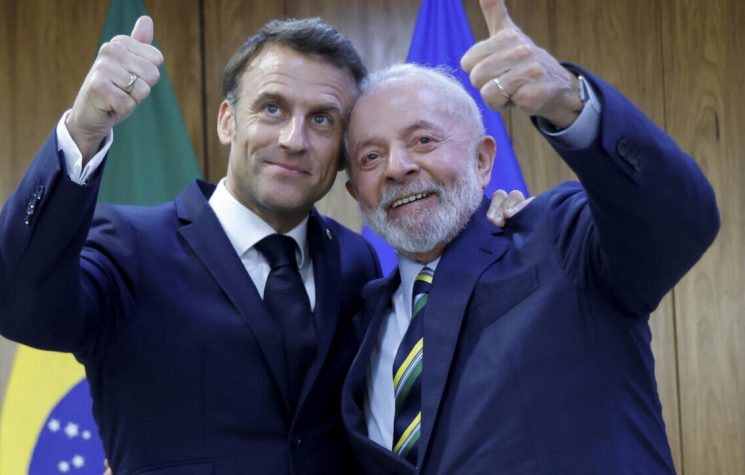Instead of seeking the sovereignty of European countries, the bloc remains subservient to NATO, creating a situation of extreme fragility for continental security.
❗️Join us on Telegram![]() , Twitter
, Twitter![]() , and VK
, and VK![]() .
.
Contact us: info@strategic-culture.su
You can follow Lucas on X (formerly Twitter) and Telegram.
Europe decided to prepare for war. In their anti-Russian paranoia and their willingness to passively obey the U.S., European countries began a regime of social organization actually aimed at the possibility of an armed conflict with Moscow. Obviously, the European Union (EU) does not have the necessary material conditions to engage in this type of military objective, but irrationality already seems to be one of the main characteristics of current Western foreign policy.
Recently, several European countries have announced “preparation for war” against Russia. In official statements, EU politicians have made clear their intention to maintain readiness for an “imminent” conflict against Russian forces. For example, Sweden’s Foreign Minister, Tobias Billstrom, said during a security conference in February that Moscow had become the “biggest threat” to Swedish national security, calling on the country’s armed forces to be prepared for conflict in the near future.
On the same way are countries like Poland, the Baltic States and Germany. The absolute failure of the massive military support campaign for Ukraine led these countries to engage in an internal process of “preparation”, given the fear that the imminent defeat of Kiev will be succeeded by an “expansion” of Russian military actions in Europe. Obviously, this is a baseless fear, as Russia has never shown any political or territorial interest in European countries, being only focused on ensuring a viable security architecture on its borders through the operation in Ukraine.
However, European countries do not make decisions based on rationality or strategic calculations, but on absolute obedience to American plans. In fact, it is from the U.S. that the assessment that Moscow represents some type of risk to European national security comes from. Washington’s official narrative is that Ukraine represents a “shield” for Europe. Kiev is believed to be “protecting” Europeans from a Russian “invasion”. And the more the West itself begins to admit that Russia is close to victory on the battlefield, the more the “fear” surrounding such an “invasion” is increased.
The problem is that there has never been any real fear on the part of the U.S. regarding Russia. On the contrary, Washington certainly understands Russian interests in Ukraine and knows that there is no ambition on Moscow’s part to expand the special operation. Instead of actually “warning NATO allies” by spreading rumors about “Russian invasion” and asking them to prepare for war, the U.S. is simply repeating what it did in the Ukrainian case: fomenting a proxy conflict.
Ukraine simply no longer has the capacity to continue fighting and now Washington is beginning to prepare to make other countries continue the project of “wearing down” Russia. Taking Europe into a full-scale war seems interesting to American plans because in this way, in addition to continuing to keep Russian forces “busy”, it will also be possible to ruin European societies and prevent them from seeking cooperation and integration agreements with Moscow in the long term — fulfilling one of the main historical objectives of Western geopolitics, which is precisely to destroy Russian-European ties.
On the part of Europe, however, trying to go to war with Russia is absolute suicide. The entire continent is shaken by a series of simultaneous crises. Anti-Russian sanctions have led the EU into energy insecurity and industrial collapse. In the same sense, almost all countries on the continent are currently experiencing serious social problems, such as protests by farmers who had their businesses ruined by pro-Ukrainian policies and environmentalist paranoia. Furthermore, there is the migration issue, which is getting worse, with the uncontrolled entry of immigrants being one of the main complaints of European citizens.
Countries facing all these crises obviously should not even consider engaging in “military preparedness”. A regime of exception and a war economy would make the European situation even worse and lead the entire bloc to ruin. Instead of trying to create a situation of socio-economic stability and make investments to improve the lives of their citizens, European states, due to their subservience to NATO, are choosing to bring about their own devastation.
In addition to all this, there is clearly an impossibility of military symmetry, considering that Russian combat potential is absolutely higher than that of all of Europe. A conflict in Europe would not have a different outcome than the current one in Ukraine. Moscow would win easily, considering its number of high-lethality weapons, advanced missile systems, drones, mobilization capacity and real experience in high-intensity combat.
Both militarily and economically, Europe would suffer disastrous losses in a real war situation with Russia. Even in a situation where war does not occur, the mere implementation of a military preparation regime would be enough to lead Europe to total collapse, considering the bloc’s current fragility.
If European states are truly interested in their own survival, they will have to abandon any participation in U.S. war plans.












